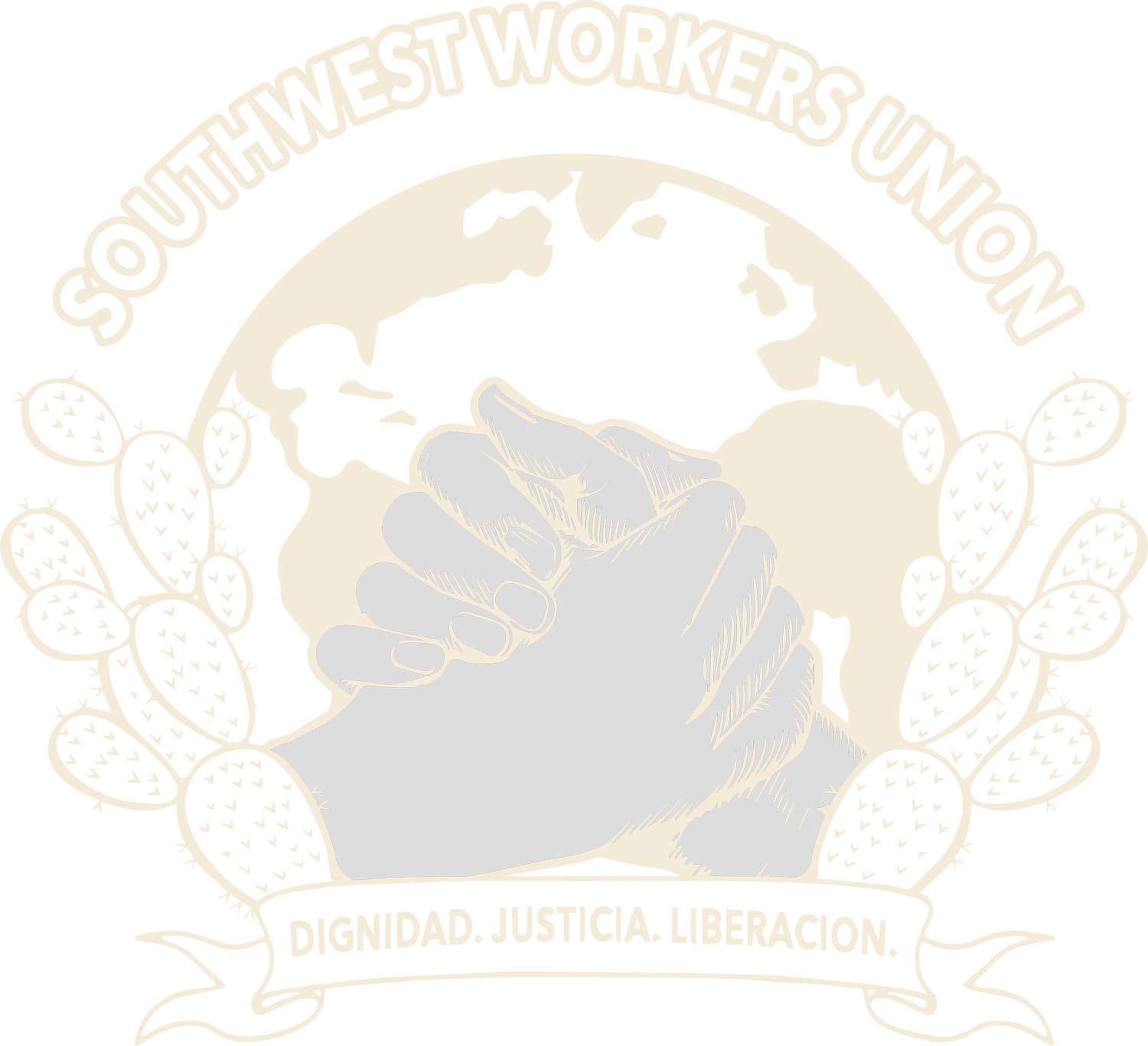New Strategies for a New Labor Movement
Recently media outlets and polls have reported on the decline in public support for unions. However mainstream media often fails to look at this trend in a larger movement context. The decline in union support is of course directly related to the decades of legislation and economic policies that have reduced union membership, as well as the top down approach of big organized labor that has been slow to adapt to a changing demographic and economic landscape.
However a movement for economic justice rooted in bottom up community organizing is putting pressure on employers, business groups, and legislators. Much of this work is being accomplished by nontraditional groups using nontraditional tactics, and in areas of the U.S. not necessarily associated with organized labor.
In fact, The New York Times recently featured an article on the growing influence of new types of worker advocacy groups, often called worker centers. The worker center model and other similar organizations use a combination of organizing, advocacy, and service to support low-wage workers in a broader movement building context. This approach, termed “grassroots unionism” in a study by the U.S. Chamber of Commerce, emphasizes “the personal and collective needs of workers” as opposed to the “institutional needs of the labor movement.”
Business groups and powerful lobbyists are critically scrutinizing these groups–their funding, their relationships to labor, etc.–because groups such as Florida’s Coalition of Immokalee Workers are turning out hundreds to protest the poverty wages paid to farmers. In California the Domestic Workers Alliance has won a statewide domestic workers bill of rights. And in New York and LA campaigns to raise the minimum wage are gaining strength. In other words, corporations are getting worried about this new movement.
Last week’s state of the union address reminded us that: “Today the federal minimum wage is worth about twenty percent less than it was when Ronald Reagan first stood [t]here.” This is the reality that low-wage workers face daily, particularly in right-to-work states (mainly in the South and West), where workers’ rights are severely limited. However worker centers have emerged in these inhospitable organizing environments, helping strengthen the collective voice of workers across the country. In particular, the worker center model has been able to better bridge what was once a gap between large unions and immigrant workforces.
The worker center model has its roots in community organizing and takes a community-based and community-led approach. This approach informs leadership development, communications, research, and coalition building strategies.
Across the country we see many versions of this model, particularly in the South where it has arisen out of need. Southern Workers Assembly represents a regional network model comprised of local unions, worker centers, and community-based organizations committed to building unionism with a social justice agenda as means of transforming labor power throughout the South.
As a member organization, Southwest Workers Union has worked to strengthen the collective power of the network through:
Hosting a series of roundtables on workers’ rights to discuss the current political landscape and concerns of low-wage workers and their families;
Bringing North Carolina’s Moral Monday civil disobedience model to Texas with direct action and workshops; and
Working with network leaders to identify strategic points of intersection between local labor unions, community organizations, and workers cooperatives.
Following the worker center model, but also adapting it to the need of local and regional workers and the community in which they live, SWU and others seek to reinvigorate the grassroots labor movement–a movement led by those most impacted and coupled with not only a historical analysis but an ongoing vision for the future of the labor movement.
Join in the in depth discussion at our next Workers’ Rights Roundtable Thursday February 20 6-8pm at 1414 E. Commerce.

